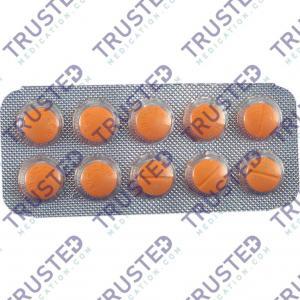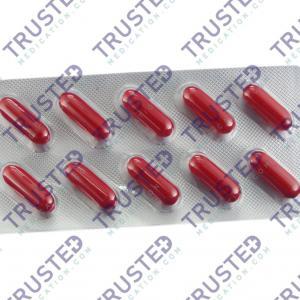
Muscular cramps occur when your muscle involuntarily and forcibly contracts uncontrollably and can’t relax. These are very common and can affect any of your muscles. The most common sites for muscle spasms are the thighs, calves, feet, hands, arms, and abdomen. When occurring in the calves, especially, such cramps are known as Charley horses. A leg cramp that happens at night when you’re at rest or asleep is called a nocturnal leg cramp.
Muscular cramps range in intensity from mild, uncomfortable twitches to significant discomfort to intense, severe pain. The spastic muscle may feel harder than normal to the touch and appear visibly distorted. It may twitch. Muscular cramps typically last from seconds to 15 minutes or longer and may recur multiple times before going away.

Some experts believe that one or more of the following may be to blame in most cases for muscular cramps:
- Not enough stretching
- Muscle fatigue
- Exercising in the heat
- Dehydration
- Depletion of electrolytes
- Involuntary nerve discharges
- Restriction in the blood supply
- Stress
- Too much high-intensity exercise
Possible causes for nocturnal leg cramps include:
- Sitting for long periods
- Overusing the muscles
- Standing or working on concrete floors
- Sitting improperly
What Are The Symptoms Of Muscular Cramps?
Muscular cramps can feel like a side stitch or agonizingly painful. You may see a twitch under your skin, which may feel hard to touch. Spasms are involuntary. The muscles contract, and it takes treatment and time to relax. Muscular cramps are very common, especially in older adults and athletes.
If the muscular cramp is severe, happens frequently, responds poorly to treatment, and is unrelated to obvious causes, make an appointment with your healthcare provider. The cramps could be related to underlying factors.
Factors that might increase your risk of muscle cramps include:
- Age. Older people lose muscle mass, so the remaining muscle can easily get overstressed.
- Dehydration. Athletes who become fatigued and dehydrated during warm-weather sports develop muscle cramps.
- Pregnancy. Muscle cramps also are common during pregnancy.
- Medical conditions. You might be at higher risk of muscle cramps if you have diabetes or nerve, liver, or thyroid disorders.
Muscle cramps usually disappear independently and are rarely serious enough to require medical care. However, see your doctor if your kinks:
- Cause severe discomfort
- Are associated with leg swelling, redness, or skin changes
- Are associated with muscle weakness
- Happen frequently
- Don’t improve with self-care
- Aren’t associated with an obvious cause, such as strenuous exercise
What Is The Treatment For Muscular Cramp?
You can usually treat muscular cramps with self-care measures. Your doctor can show you stretching exercises that can help you reduce your chances of getting muscle cramps. Making sure you stay well-hydrated also can help. Your doctor might prescribe medication to relax your muscles for recurrent cramps that disturb your sleep.

If you have a cramp, these actions may provide relief:
- Stretch and massage. Stretch the cramped muscle and gently rub it to help it relax. Put your weight on your cramped leg for a calf cramp and bend your knee slightly. If you cannot stand, sit on the floor or in a chair with your affected leg extended. Try pulling the top of your foot on the affected side toward your head while your portion remains straightened. It will also help ease a back thigh cramp. For a front thigh cramp, use a chair to steady yourself and try pulling your foot on the affected side up toward your buttock.
- Apply heat or cold. Use a warm towel or heating pad on tense or tight muscles. Taking a warm bath or directing the stream of a hot shower onto the cramped muscle also can help. Alternatively, massaging the cramped muscle with ice may relieve pain.
Medication that can be used for muscle cramps:
- Vitafizz Magnesium is a drug prescribed for Anti cramps. The drug is sometimes called multivitamin effervescent. It contains a high dose of Magnesium. The drug is a treatment for muscular cramps. Magnesium is an element that helps in nerve and muscle function. It acts as a sound regulator of calcium that flows within the cells.








